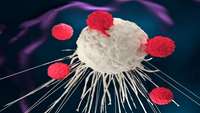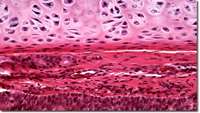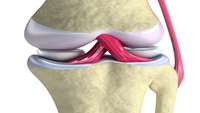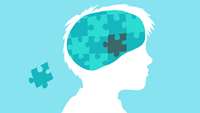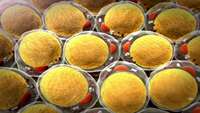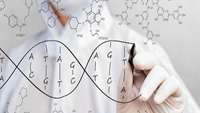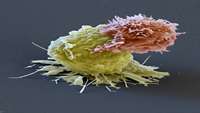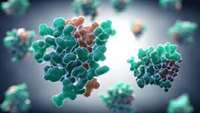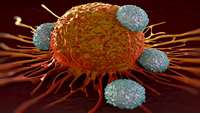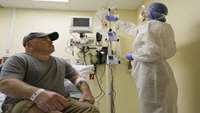What’s Next For CAR T: The Potential of Engineering Immune Cells to Treat Cancer
It is not often that an entirely new, effective, class of therapy is discovered, especially in a disease as difficult to treat as cancer. It is even less common that a completely new therapeutic is effective in a large majority of patients right from the start.
Coculture of meniscus cells and mesenchymal stem cells in simulated microgravity
Simulated microgravity has been shown to enhance cartilaginous matrix formation by chondrocytes and chondrogenesis of mesenchymal stem cells (MSCs).
Coculture of allogenic DBM and BMSCs in the knee joint cavity of rabbits for cartilage tissue engineering
The present study aims to assess coculture of allogenic decalcified bone matrix (DBM) and bone marrow mesenchymal stem cells (BMSCs) in the knee joint cavity of rabbits for cartilage tissue engineering. Rabbits were assigned to an in vitro group, an in vivo group, and a blank control group
Cell therapy for diverse central nervous system disorders: inherited metabolic diseases and autism
The concept of utilizing human cells for the treatment of medical conditions is not new. In its simplest form, blood product transfusion as treatment of severe hemorrhage has been practiced since the 1800s.
Autologous adipose-derived regenerative cell therapy modulates development of hypertrophic scarring in a red Duroc porcine model
Effective prevention and treatment of hypertrophic scars (HTSs), a common consequence of deep-partial thickness injury, remain a significant clinical challenge. Previous studies from our group have shown that autologous adipose-derived regenerative cells (ADRCs) represent a promising approach to improve wound healing and, thereby, impact HTS development.
Children’s Hospital Oakland Scientists Conduct First-Ever Gene Editing Inside a Human Body
This week, a UCSF Benioff Children’s Hospital Oakland’s adult patients underwent a landmark gene editing therapy – marking the first time that genome editing has been done inside a human body in an effort to change the DNA of a patient with a rare genetic disease.
New Gene Treatment Effective for Some Leukemia Patients
A new way of genetically altering a patient’s cells to fight cancer has helped desperately ill people with leukemia when every other treatment had failed, researchers reported on Monday in the journal Nature Medicine.
A Step Toward Diabetes Immunotherapy Modified blood stem cells reverse type 1 diabetes in mice
Harvard Medical School researchers at Boston Children’s Hospital have reversed type 1 diabetes in mice by infusing blood stem cells pretreated to produce more of a protein called PD-L1, which is deficient in mice and people with type 1 diabetes.
The challenges of solid tumors for designer CAR-T therapies: a 25-year perspective
Every chemotherapy agent approved in use in cancer patients has proven its utility against cancer, to varying degrees, but most have significant side effects that can be found in the package insert.
Scientists make first ever attempt at gene editing inside the body
Scientists have tried editing a gene inside the body for the first time, in a bold attempt to tackle an incurable a disease by permanently changing a patient’s DNA.


